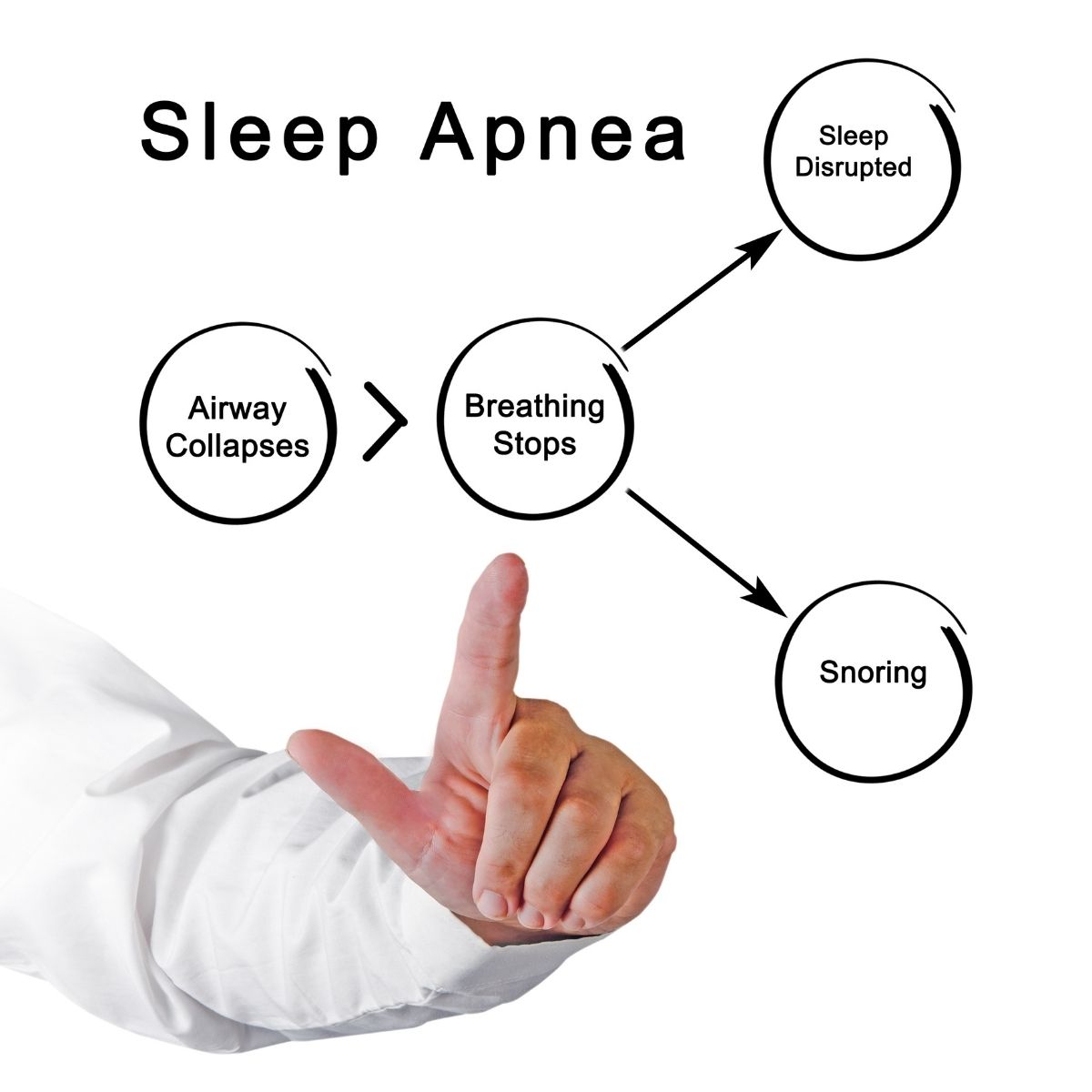Causes and risk factors
Central sleep apnoeais caused because the signal to the body to inhale is not being transmitted from the breathing center in the brain to the muscles of respiration. Central sleep apnea is commonly seen in patients with other diseases such as congestive heart failure, disease or injury to brain stem, Parkinson’s disease, stroke, kidney failure, degenerative changes in cervical spine, opiate users.
Clinical presentation
Patient presents with fatigue, day time sleepiness, morning headache, restless sleep, snoring. Frequent night time urination is observed. There is poor memory and difficult concentration, mood problems. Since the cause is neurological, person may also experience other symptoms like difficulty in swallowing, speech difficulty, overall sense of numbness and weakness.
Investigation
Medical history by the patient and Clinical examination by the doctor helps in diagnosis.Polysomnographytestconfirms the diagnosis. X ray skull, CT scan, MRI is done to rule out obstructive causes if any.
Treatment
Treating of the underlying cause is necessary. Reduction of opioid medications will be required. Treatment involvesContinuous positive airway pressure [CPAP]in which a mask is fitted over nose and mouth. An air pressure forces air through nose and mouth. The pressure is adjusted in such a way to prevent upper airway tissue from collapsing during sleep.For people who do not respond to CPAP, other treatment options include adaptive seroventilation, Bi-level positive airway pressure, and oxygen supplementation.Medications may be prescribed to stimulate breathing.
Other Modes of treatment
The other modes of treatment can also be effective in treating central sleep apnoea . Homoeopathy is a science which deals with individualization considers a person in a holistic way. This science can be helpful in combating the symptoms. Similarly the ayurvedic system of medicine which uses herbal medicines and synthetic derivates are also found to be effective in treating central sleep apnoea.






























